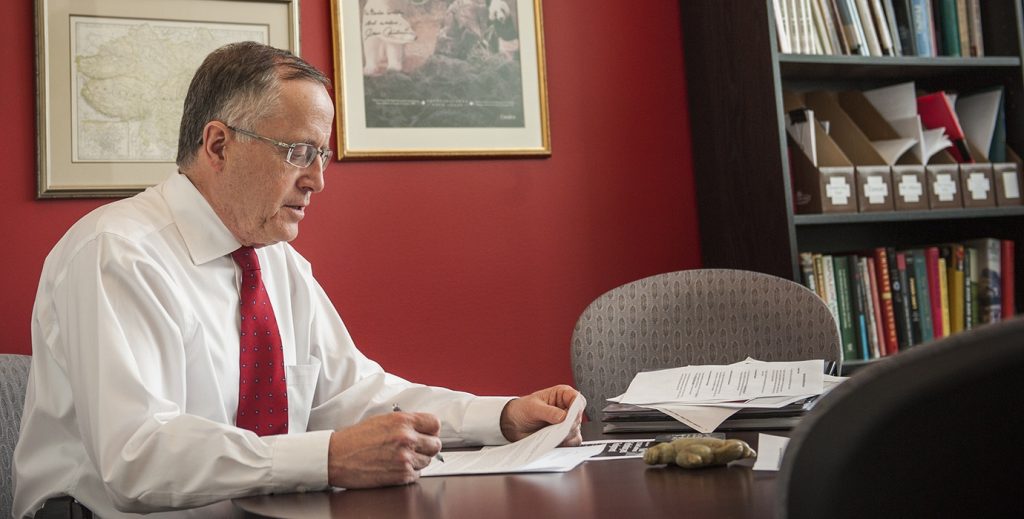WUN welcomes the University Of Massachusetts Amherst
WUN Executive Director, Professor John Hearn announced today that The University of Massachusetts Amherst (UMass Amherst) joins its global research university network, lifting the number of members in the network to 17.
Improving global water services

One of the world’s most vital resources—water—is increasingly at the centre of debate. Its scarcity has intensified the movement toward water as a human right, yet private control over water utilities is simultaneously increasing. Although this tension is only just emerging, experts believe it will rapidly intensify as more investors seek access to fresh water in new countries.
What can the world learn from the way Germany confronted its past?

As the world prepares to mark 70 years since the liberation of Auschwitz, an international exhibition looking at how Germany confronted the Holocaust is unveiled.
University of Bristol ranked top five for research in the UK
The University of Bristol is ranked among the top five institutions in the UK for its research, according to new analysis of the Research Excellence Framework (REF) 2014 which takes into account the percentage of staff submitted.
Registration for second University MOOC now open at Bristol
The University of Bristol’s second Massive Open Online Course (MOOC), Cultural Studies and Modern Languages: An Introduction, launches on Monday 16 February 2015. Registration is now open on the FutureLearn website, with the course already reporting a high level of enrolment.
Bristol academic to head Rothamsted Research farmland site
Professor Michael Lee, an expert in ruminant nutrition in the School of Veterinary Sciences, has been appointed Head of Site at North Wyke, Rothamsted Research’s site for grassland systems research.
Understanding the impacts of Chinese foreign direct investment

Since the adoption of the “go global” strategy in the early 2000s, China’s total outward foreign direct investment (FDI) stock has increased from US$30 billion to US$610 billion in 2014. The Economist estimates that the flow of Chinese outward investment will be US$264 billion in 2017 alone. Although China remains a relatively new player in outward FDI, this rapidly expanding flow of capital represents a host of opportunities and challenges for policy-makers, businesses and researchers.
Bergen archaeologist featured in National Geographic
In the National Geographic article “Origin of Arts” published in January 2015, Professor Henshilwood and his groundbreaking research at the very tip of Africa, an hour’s drive from Cape Town, is featured in a very fascinating story about the invention of symbolic expression by the first Homo Sapiens and Neanderthals.
University of Southampton awarded £1M to address global marine and maritime challenges
The Southampton Marine and Maritime Institute (SMMI) at the University of Southampton has been awarded over one million pounds to develop students who will help tackle global marine and maritime challenges.
Green vegetables could improve heart’s efficiency, blood supply to organs and reduce diabetes risk
In three independent studies, scientists from the Universities of Southampton and Cambridge have identified how a simple chemical called nitrate, found in leafy green vegetables, can help thin blood ensuring oxygen can be delivered to all corners of the body efficiently. Reducing the thickness of blood may also decrease instances of dangerous clots forming and reduce the risk of stroke and heart attacks.

